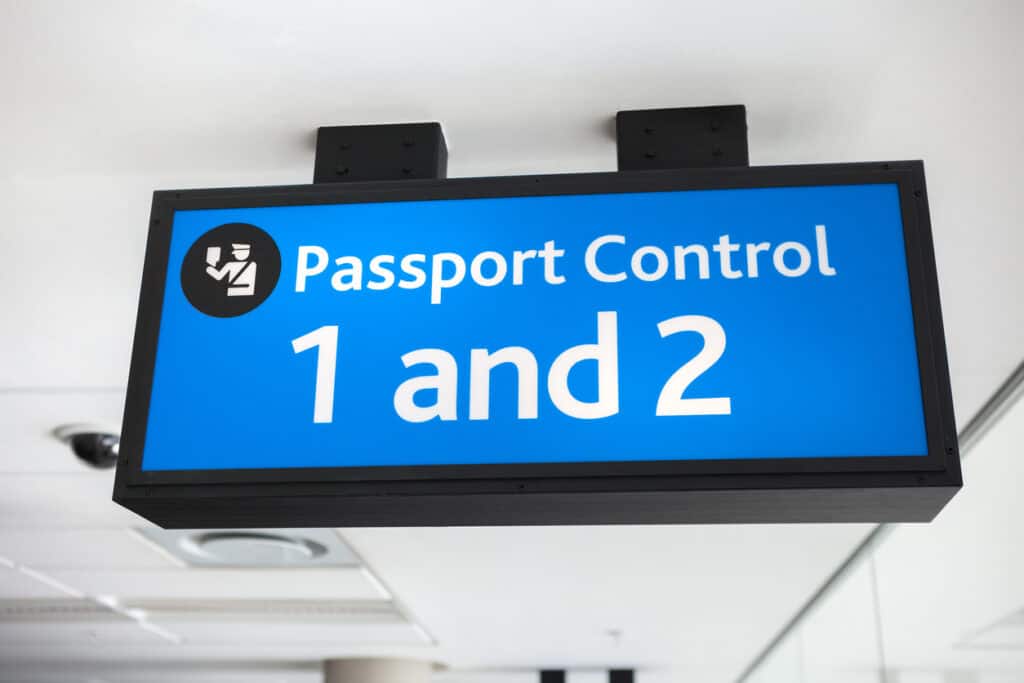The UK Government has published its Immigration White Paper, titled ‘Restoring control over the immigration system’. It sets out a series of plans to reform the UK immigration system to “ensure a better contribution to the UK”. I take a look at the detail of some of the planned changes, and what this might mean for UK R&D.
Immigration White Paper – implications for attracting international R&D talent
12 May 2025
Camilla d'Angelo
Policy Manager
Policy Manager Camilla d’Angelo takes a look at what the Immigration White Paper means for attracting international R&D talent to the UK.
Attracting global talent is an important priority for CaSE and its members – it is essential to support a thriving, collaborative UK R&D sector that in turn drives economic growth, an important priority for the UK Government.
The UK public also supports immigration into the UK’s R&D sector. CaSE public opinion research found that a majority would prefer UK universities to recruit the best talent from around the world, even if it means more immigration to the UK.
Retaining effective existing visa routes
CaSE is pleased to see that the Government will retain effective existing visa routes, with the aim to “make it simpler and easier for top scientific and design talent to use our Global Talent visa”. It is positive that the Government plans to expand uptake of the Global Talent Visa (GTV), something CaSE has been calling for. The GTV, which is the main visa route for researchers, has been a well-received addition to the UK immigration system, with CaSE members describing it as an effective and valuable visa route that has transformed the ability of UK R&D institutions to bring in overseas talent.
The White Paper also commits to streamlining the process for employers and skilled workers to get visas, with a focus on reducing bureaucracy. CaSE has long recommended that any changes to visa routes need to make it simpler for individuals and businesses to navigate, and should consider how to attract talent across all of R&D.
While these policy proposals are positive for the R&D sector, the exact detail of these changes and their implementation remains to be determined. We will be scrutinising the detail on this in the coming months.
Changes to student visa rules
Confirmation that the Graduate visa route will remain in place is welcome. However, the White Paper is introducing tougher rules relating to the route, in response to increases in students staying in the UK as well as alleged misuse and exploitation of the route. The Graduate route was launched in July 2021 and currently allows students to stay in the UK for two years, or three years for PhD students, after graduation. The White Paper sets out plans to reduce the amount of time overseas graduates can remain in the UK after they graduate to 18 months. It is unclear whether this will apply to both undergraduates and PhD students (The Russell Group have said it is their understanding it does not apply to PhD students).
One of the main proposed changes in this area is the introduction of a levy on income universities generate from international students, to be “reinvested into the higher education and skills system”. Further details of this planned change are to be set out in the Autumn Budget. We will be engaging closely with Government, and others in the sector, to understand this levy and how it might be implemented in practice.
We will also be working to understand what the Government has done to assess the impact of these changes on the university sector. Reductions in international student numbers, without replacement financial support, will likely further threaten the financial sustainability of universities, endangering their role in driving innovation across the UK.
If the Government intends to restrict the international student population in the UK, then it is imperative that other measures be introduced to mitigate the financial impact on the UK’s universities.
High visa costs remain a barrier
The White Paper remains silent on visa costs. High upfront visa costs remain a barrier to attracting international talent to the UK. The total upfront costs of visas, including the immigration health surcharge, are substantially higher in the UK compared to other research-intensive countries, such as the US, Canada, France and Germany. This reduces the attractiveness of the UK as a destination for international applicants bearing the burden of these costs. CaSE continues to call on the UK Government to reduce the upfront costs of UK visas in line with international competitors.
CaSE and others in the sector wrote to Parliamentarians ahead of the white paper to highlight the importance of an internationally competitive and flexible immigration policy for researchers and international students. We will be encouraging them to make this case in Parliament through debates and questions in response to the white paper publication. Over the coming months, we will also be working to understand the policy detail of upcoming changes and working with our members to inform the Government’s plans.

Read our initial response to the Immigration White Paper
Read moreRelated resources

Following discourse surrounding UKRI’s new funding model and the specific impact of some changes to the STFC, CaSE have written to ask for further clarity on some key areas.

Chancellor’s Davos speech signals tentative steps to remove barriers to skilled immigration, says Daniel Rathbone

CaSE’s look at the UK Government’s plans for Further and Higher Education in England in the post-16 Education and Skills white paper.

Recent work by CaSE shows how supportive voices can talk about immigration for the UK R&D sector in a way that resonates with the public.